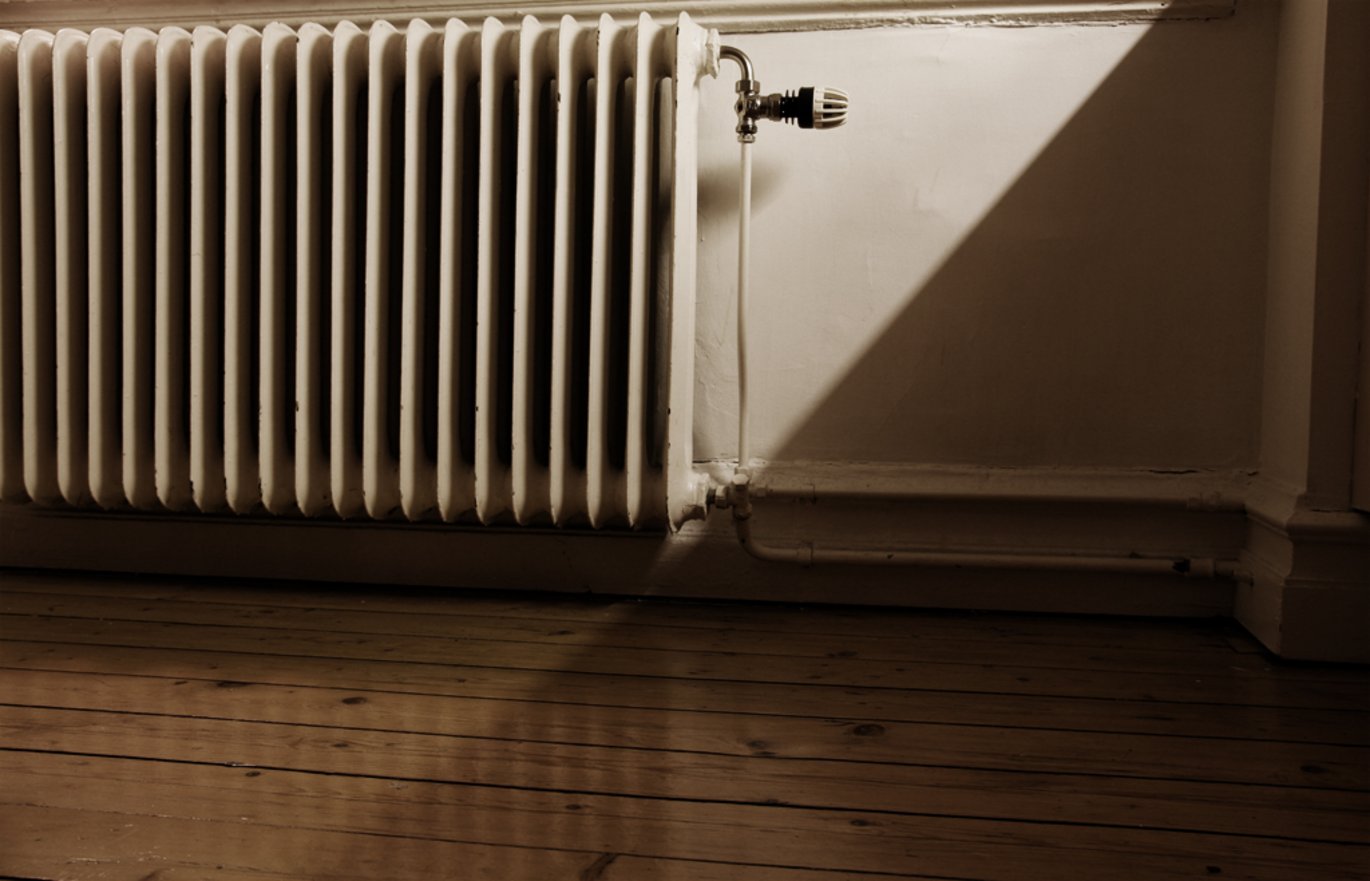AU will set thermostats in line with the Danish Working Environment Authority’s recommendation
Thermostats in AU’s buildings will be set to between 20 and 22 degrees Celsius this heating season. This is in line with the Danish Working Environment Authority’s recommendations.

Autumn has arrived, and the colder weather is setting in. This heating season, staff and students at Aarhus University can expect an indoor temperature of between 20 and 22 degrees Celsius in rooms where sedentary work is performed. The senior management team’s decision to turn up the thermostat this year follows the lifting of a national requirement that state-sector buildings be heated to a maximum of 19 degrees.
Aarhus University is now following the recommendations of the Danish Working Environment Authority. University Director Kristian Thorn emphasises that ensuring a good work environment was a key factor in the senior management team’s decision.
“The work environment has to be in order, and it can be hard to concentrate on your tasks if you’re freezing. We saw that last autumn and winter, when the government directed us to turn down the temperature to 19 degrees. With a range of 20-22 degrees, we hope that it will be possible to balance consideration for a good work environment with other considerations that still weigh heavily – such as climate finances," says Kristian Thon.
It will be up to the facilities teams at the faculties to decide how the temperature is to be regulated locally within the specified range. Various factors may be taken into consideration in this regard, including the kind of work performed in the room, the state of the room itself, finances, and not least consideration for the climate.
There will continue to be a strong focus on meeting the university's targets for reducing CO2 emissions.
“Our efforts to save energy continue unabated, which is why we are also planning to keep the thermostats turned down in places where this won’t negatively impact the work environment. We are facing major climate-related challenges as a university and a society, and we have a shared responsibility to take action where we can,” says Kristian Thorn.